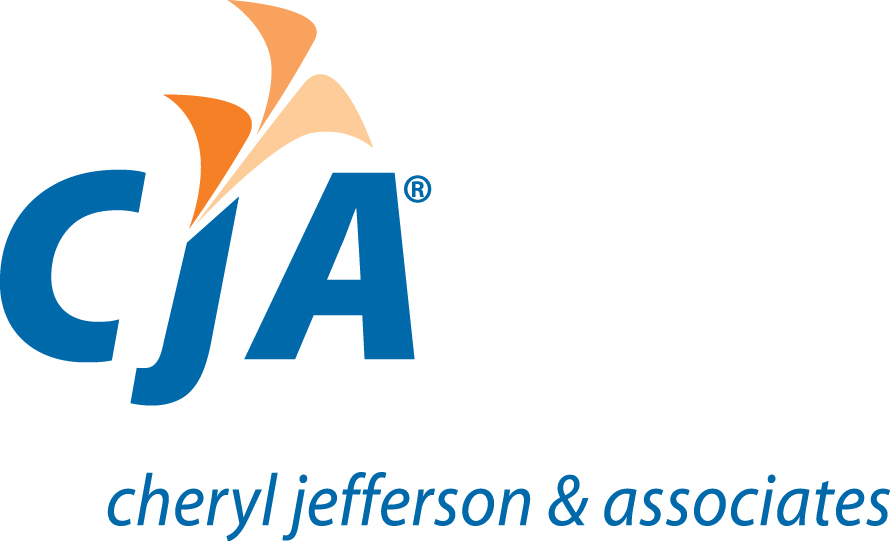Limited Level of Assurance
Less extensive than an audit, but more involved than a compilation, a review engagement consists primarily of analytical procedures we apply to the financial statements, and various inquiries we make of your company’s management team. If the financial statements or supporting information appear inconsistent or otherwise questionable, we may need to perform additional procedures. A review doesn’t require us to study and evaluate your company’s internal controls or verify data with third parties or physically inspect assets. Rather, a review report expresses limited assurance in the form of the statement: “We are not aware of any material modifications” for the financial statements to be in conformity with the Generally Accepted Accounting Principles (GAAP). Reviewed financial statements must include all required footnotes and other disclosures.
A Review allows you to…
- Obtain a comfort level about the financial position of the company.
- Satisfy stakeholders such as employee owners, customers, suppliers, as well as private investors
- Facilitate the payment of corporate tax, goods and services tax and other taxes on time and accurately thereby avoiding interest, penalties and investigations.
- Comply with banking covenants
- Facilitate the purchase and sale of businesses.
Here’s what you get…
You get a limited level of assurance because we use analytical procedures and changes in trends to identify areas that need further inquiry. Typically, we’ll have interviews with:
- The CEO or President, to identify areas of concern
- Your Controller or CFO, to understand significant accounting estimates, accounting policies, and complex accounting issues
Our review papers include a detailed work program to document the procedures and inquiries performed, as well as the client’s supporting workpapers.
Why might a business request a review?
It can be a good middle ground, providing the advantages of a CPA’s technical expertise without the work and expense of an audit. SBA requires 8a companies with revenue between $2 million and
$10 million to have reviewed financial statements. The review is also beneficial for companies where the shareholders or owners are not involved in the accounting and finance functions. It provides a 3rd party perspective about the financial statements prepared by the in-house Controller or CFO.
The CJA difference—
- Client recommendations for implementing improvements going forward.
- Thorough explanation of the review process.
- Collaboration with your staff, all the way through.
